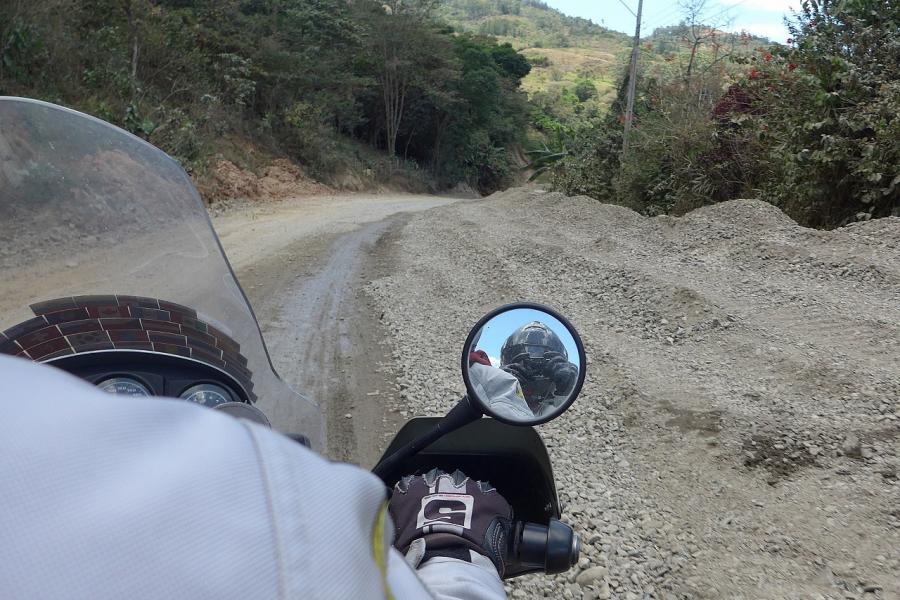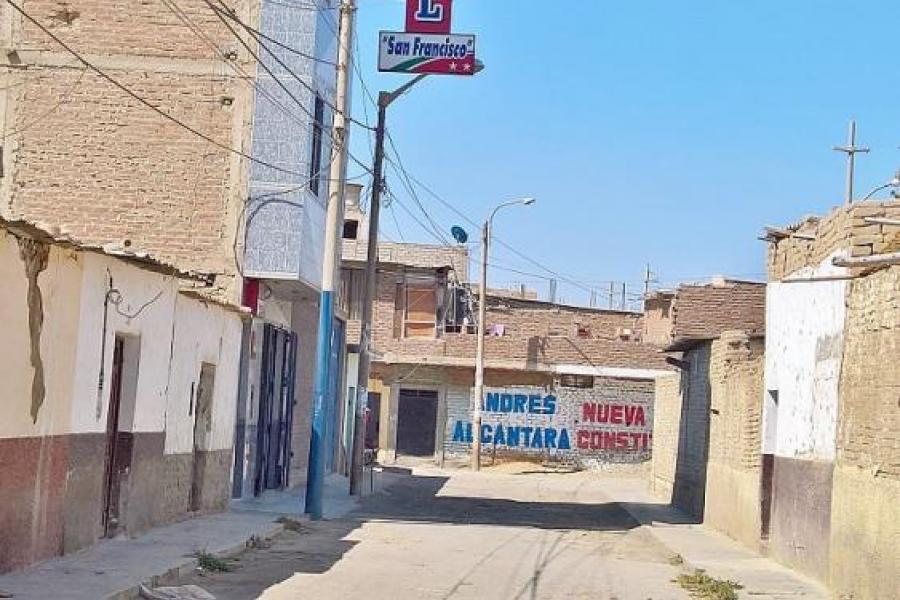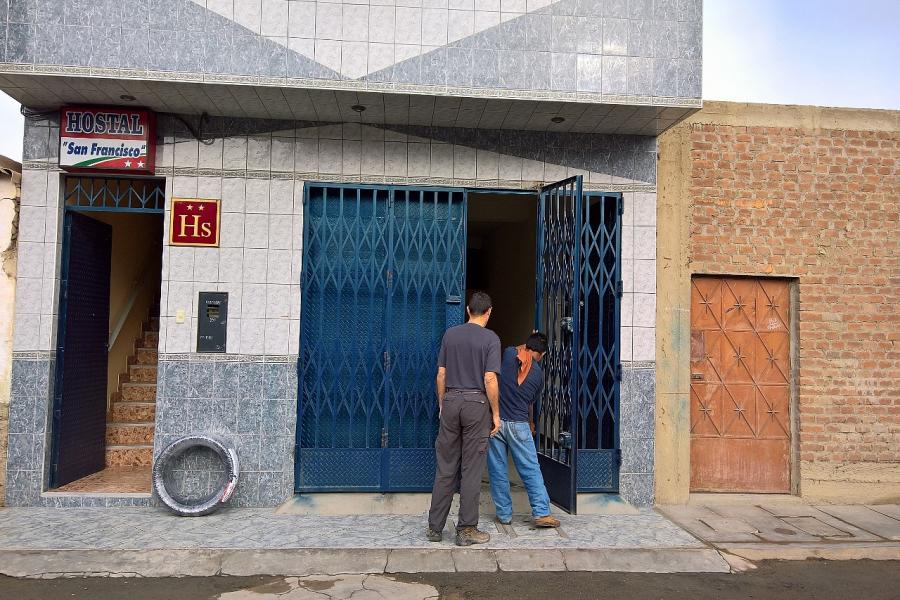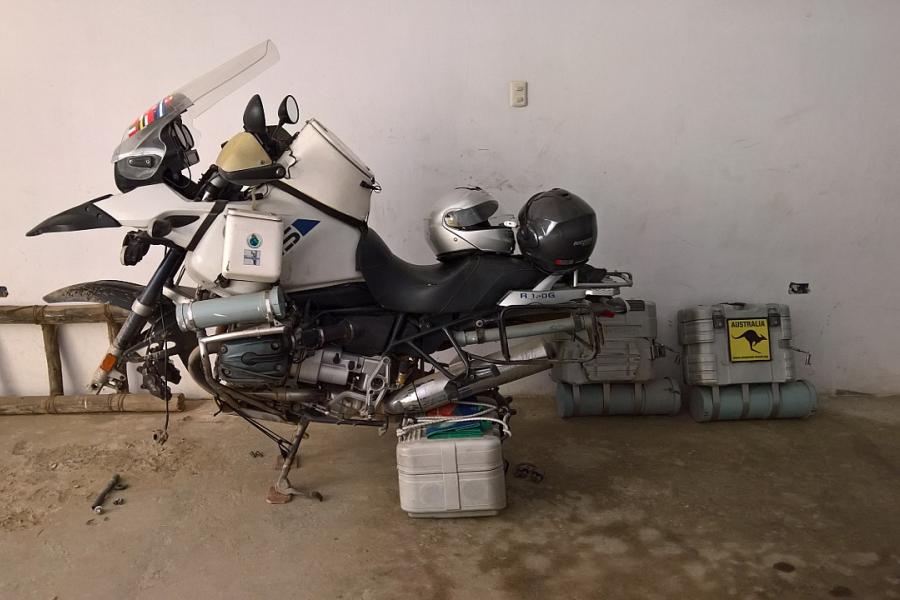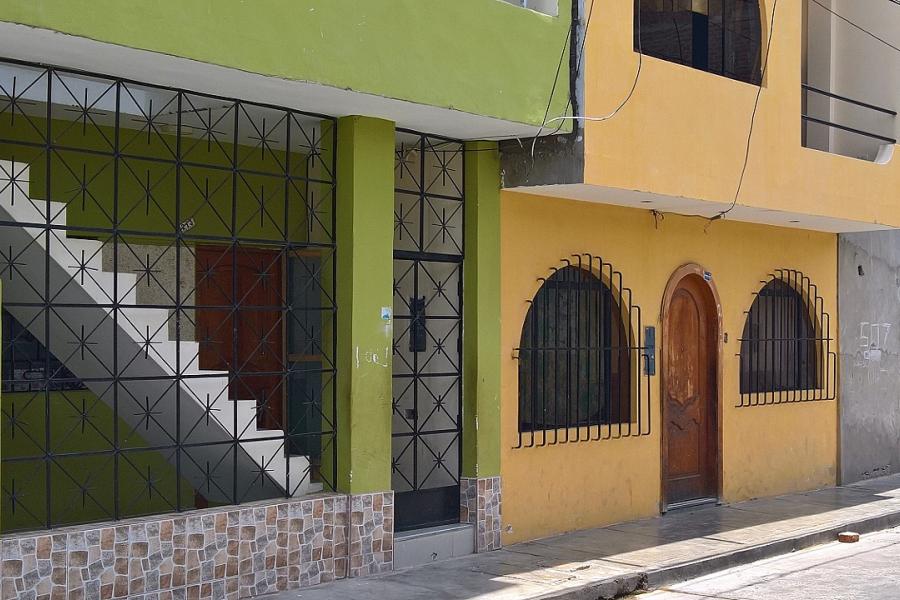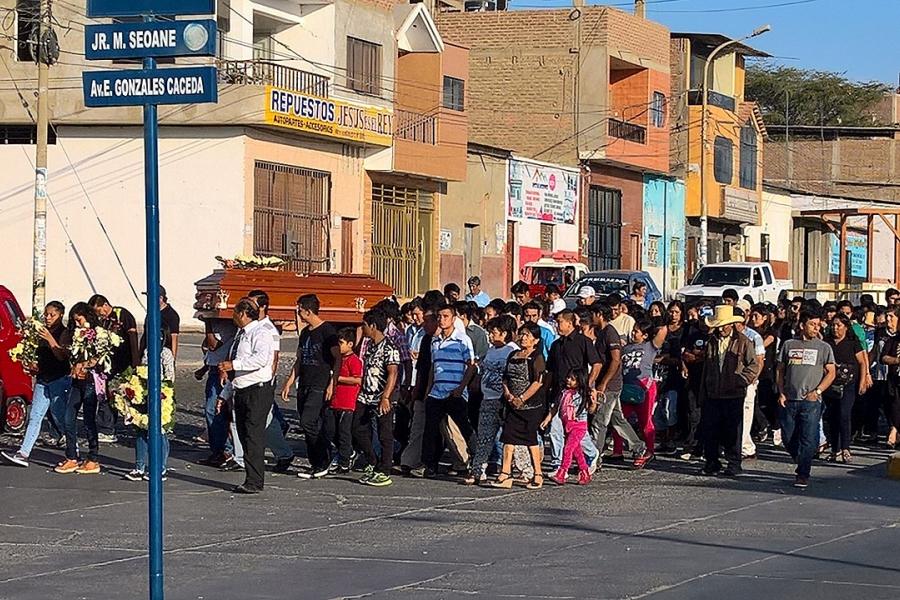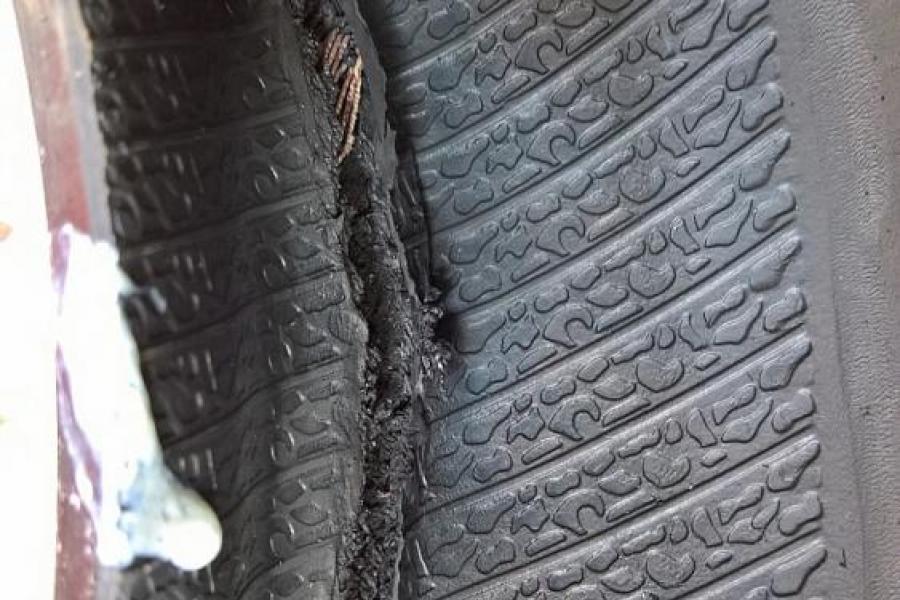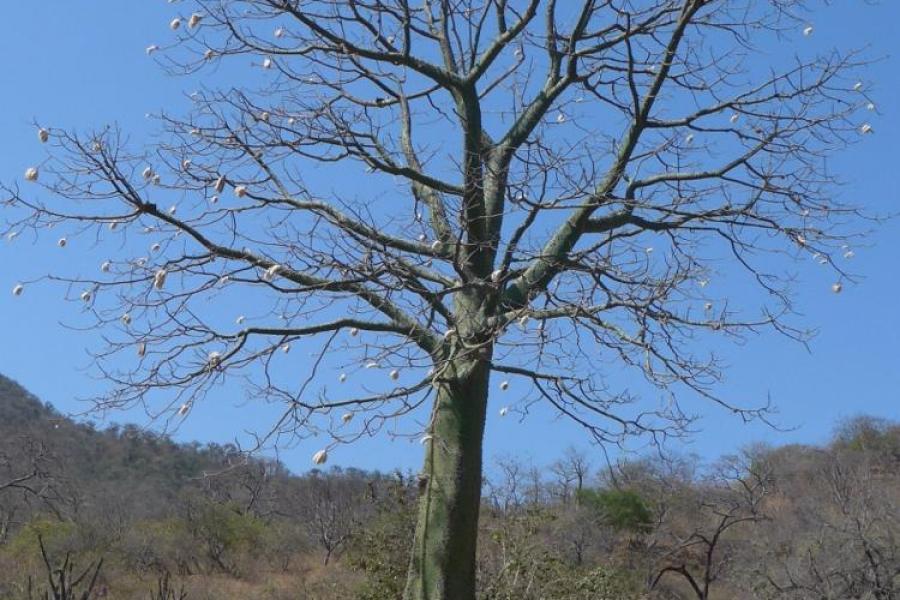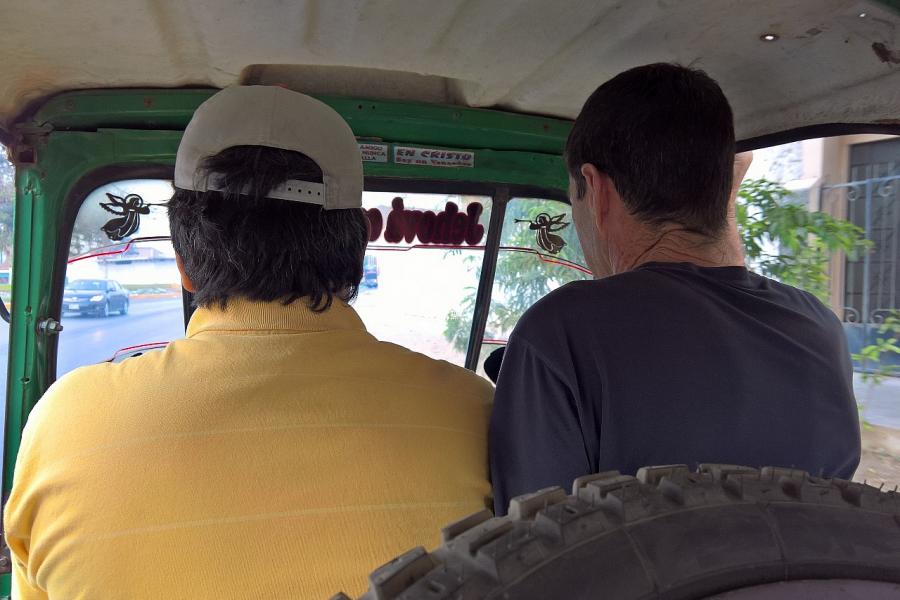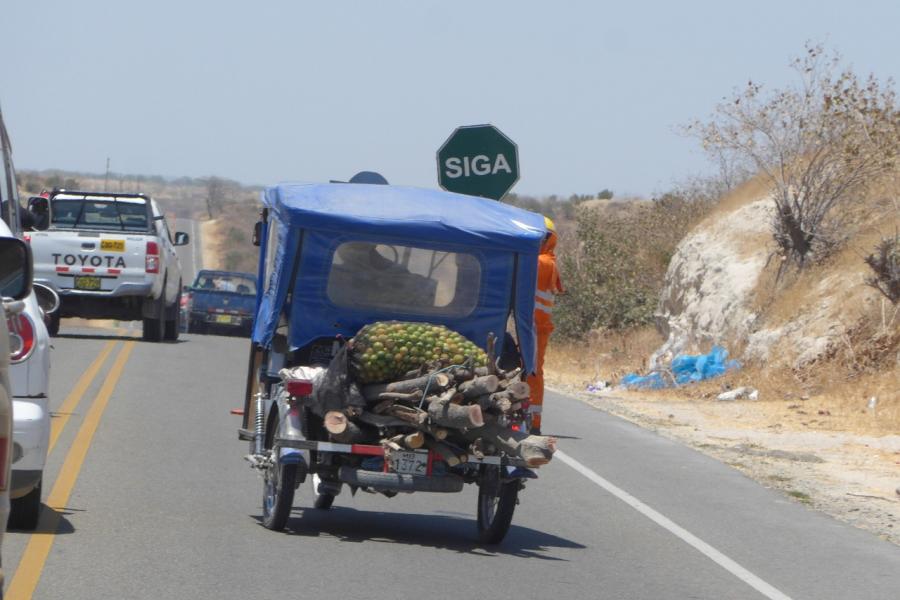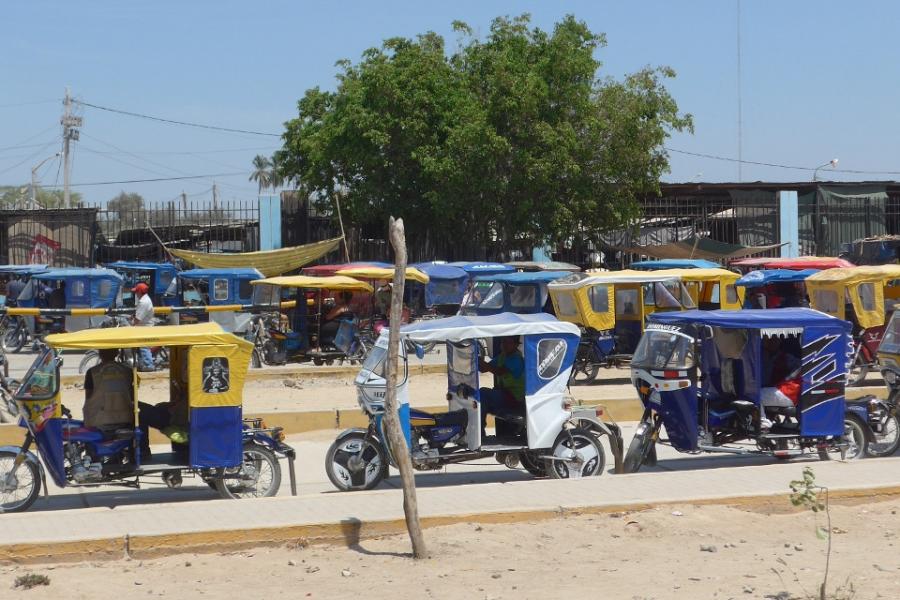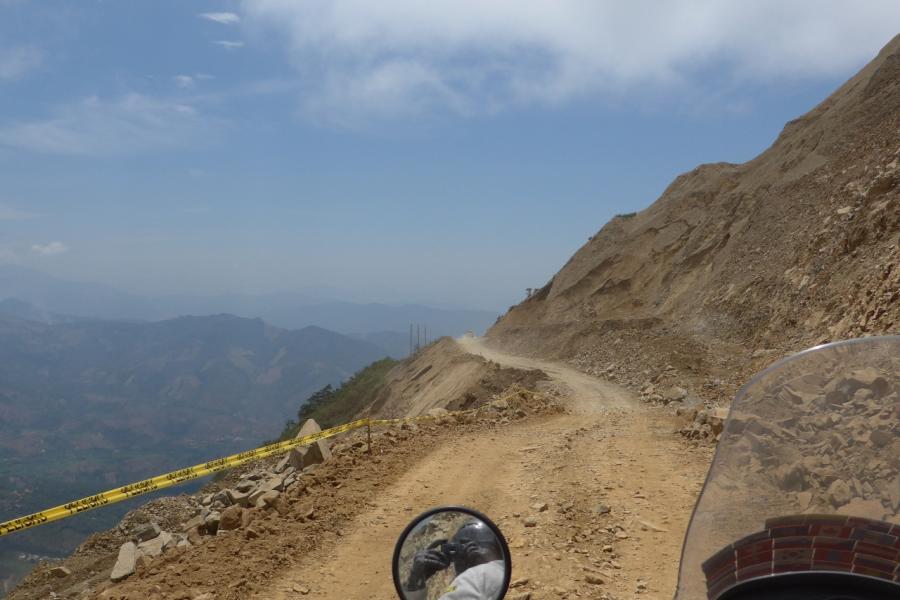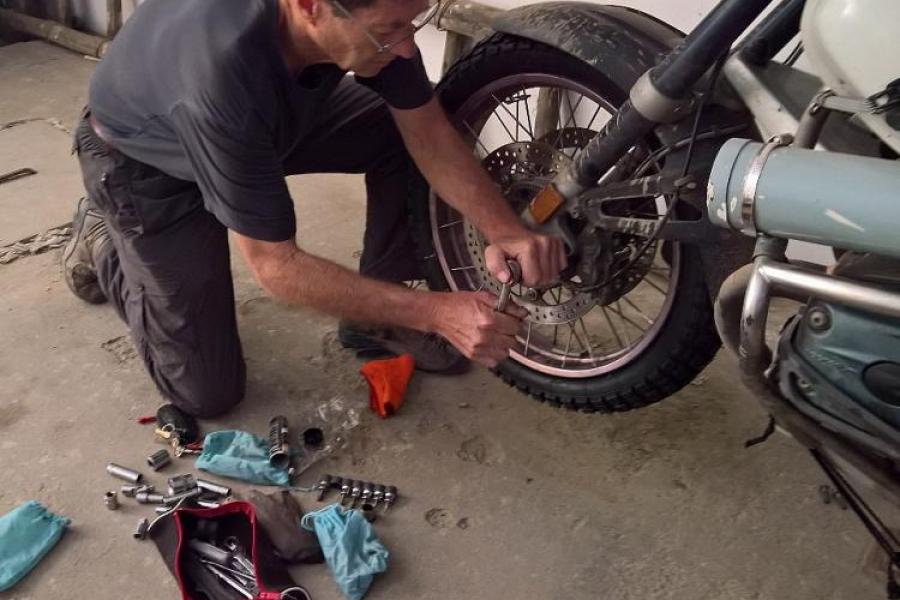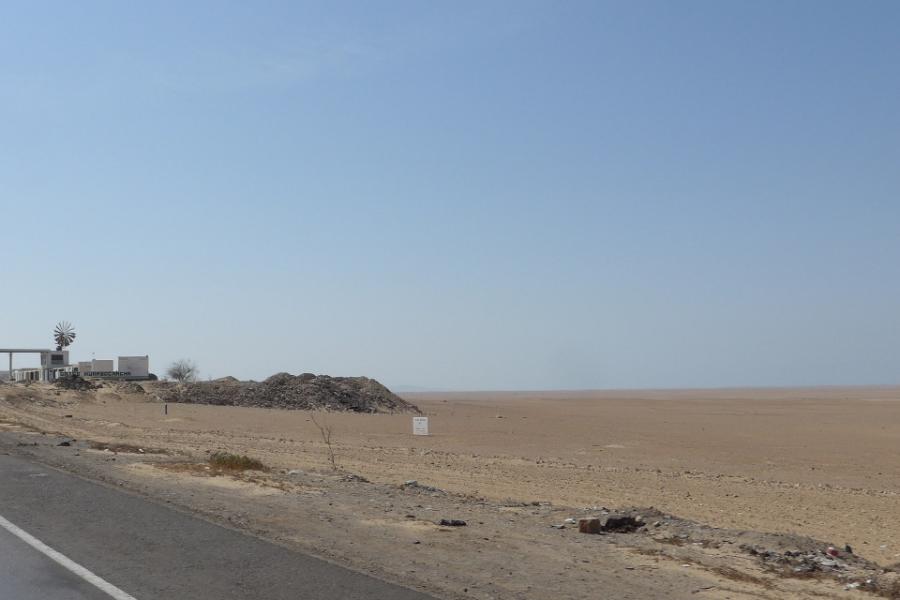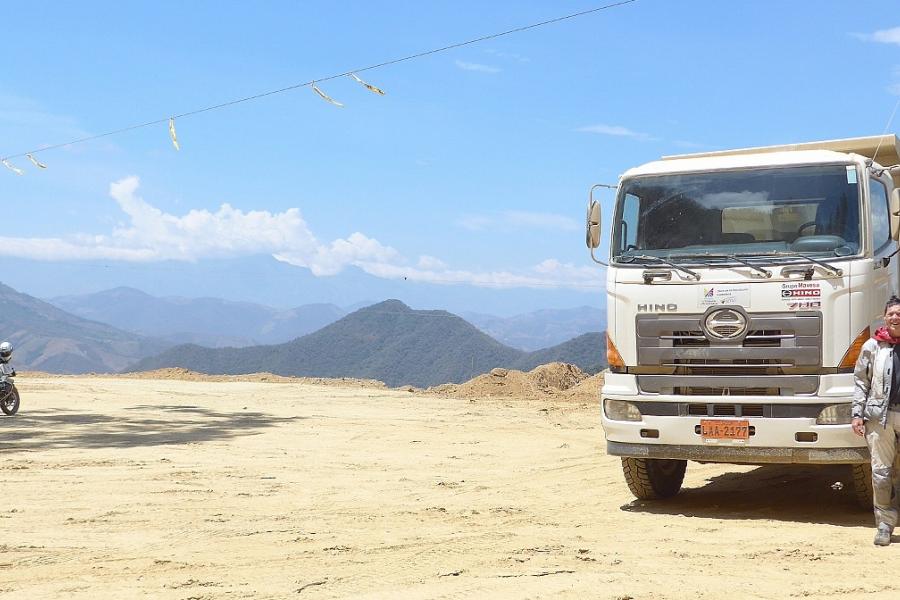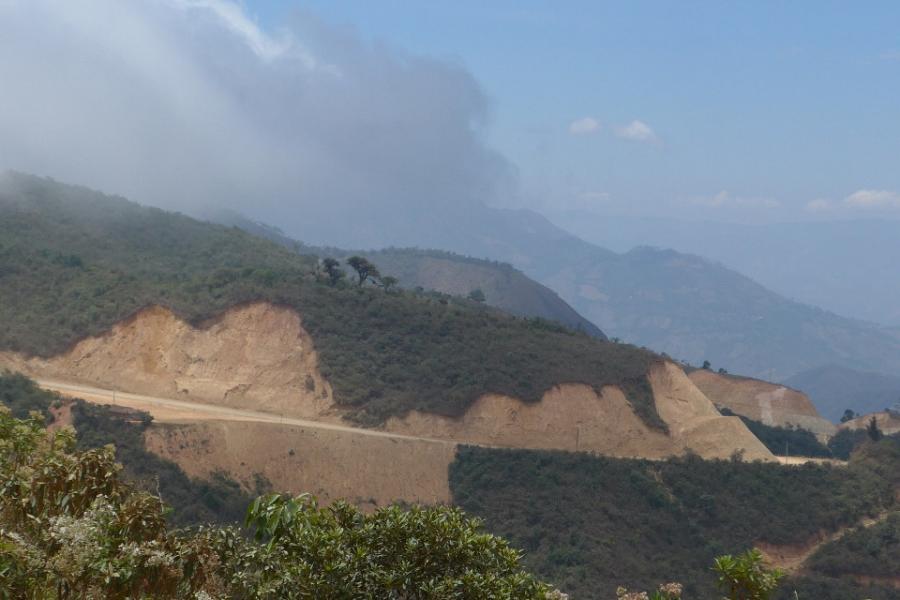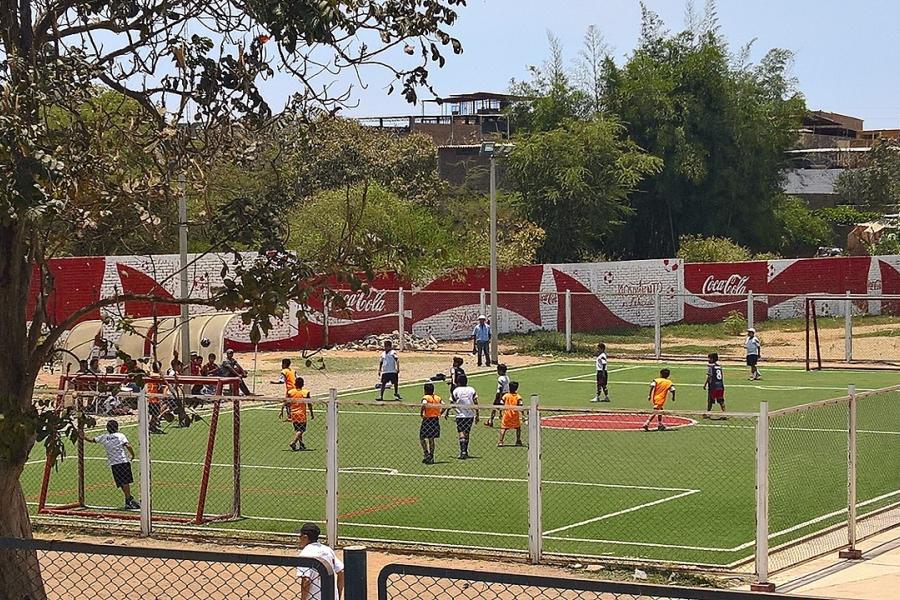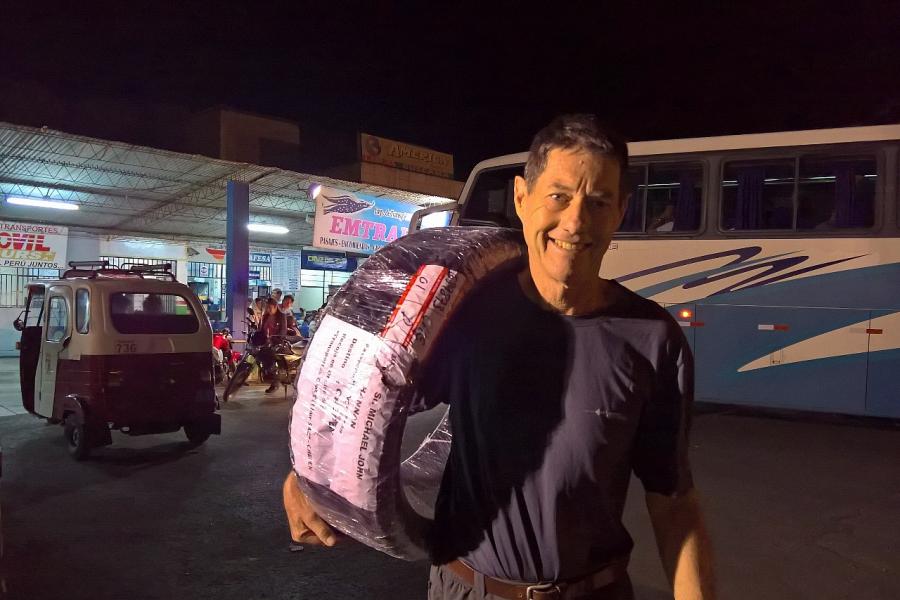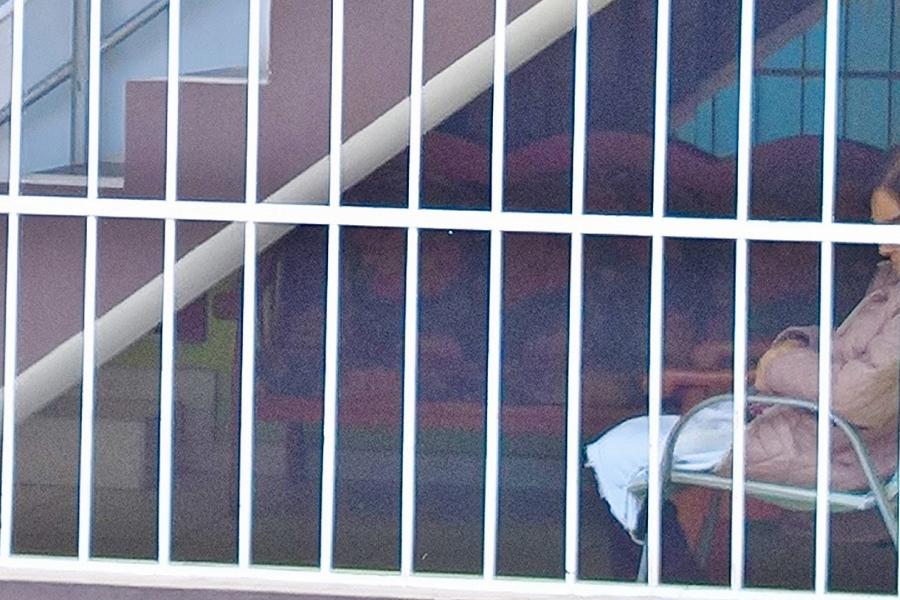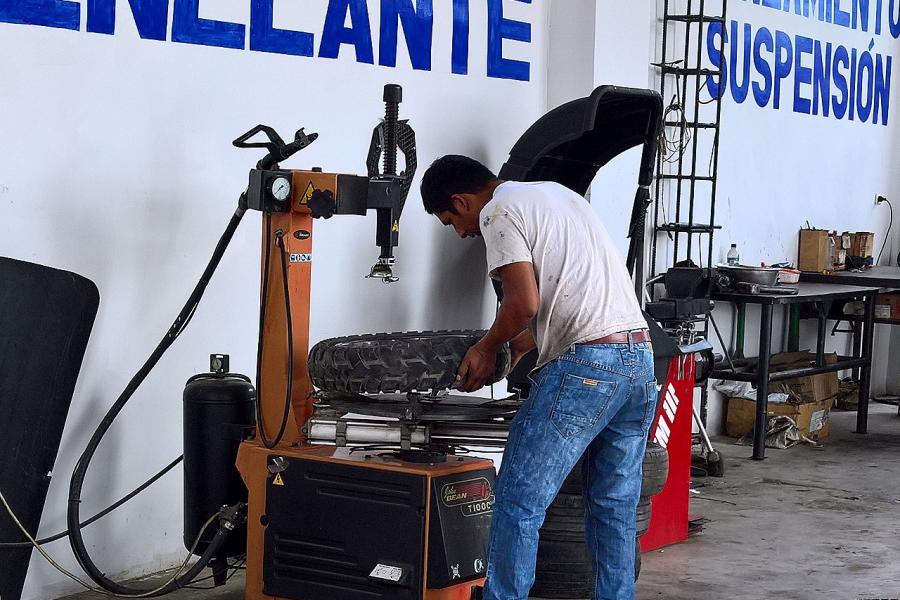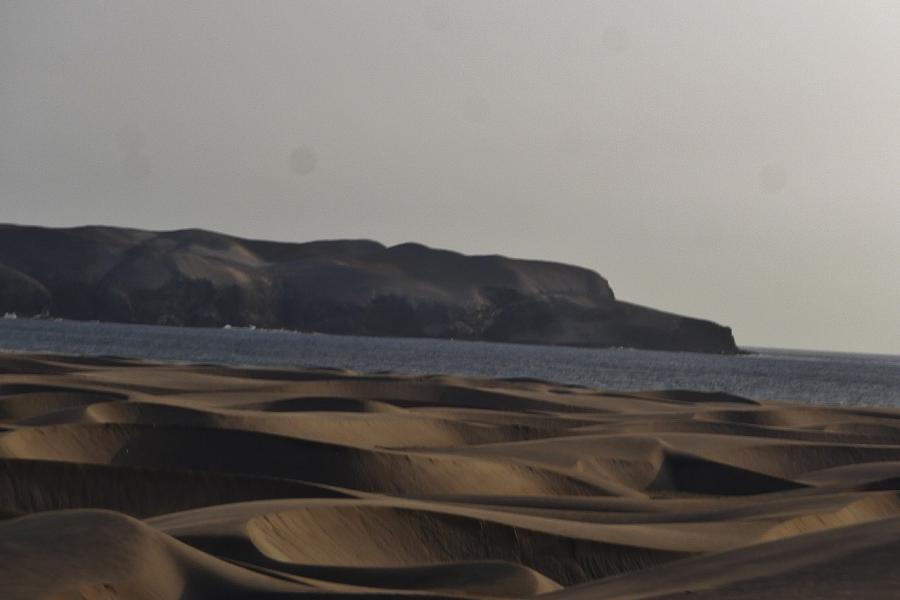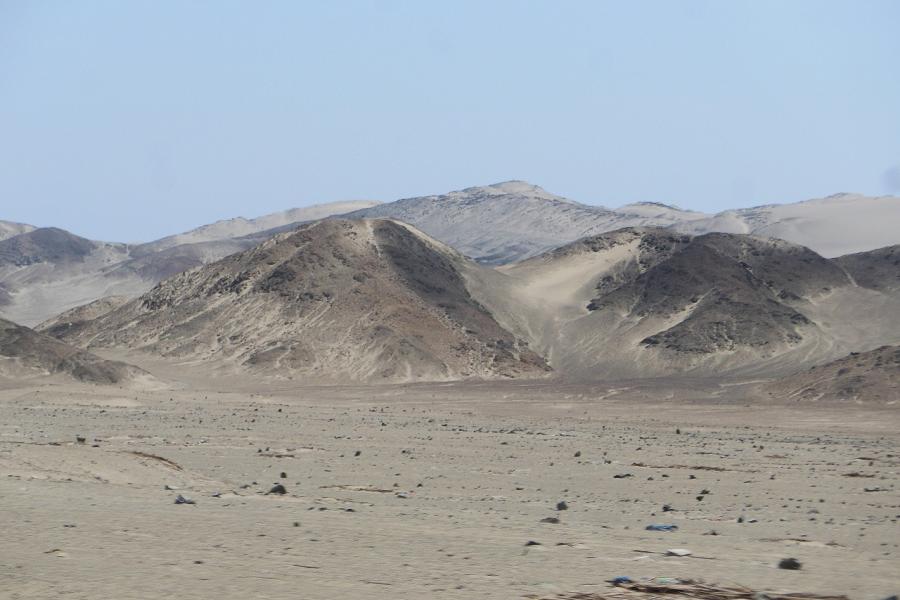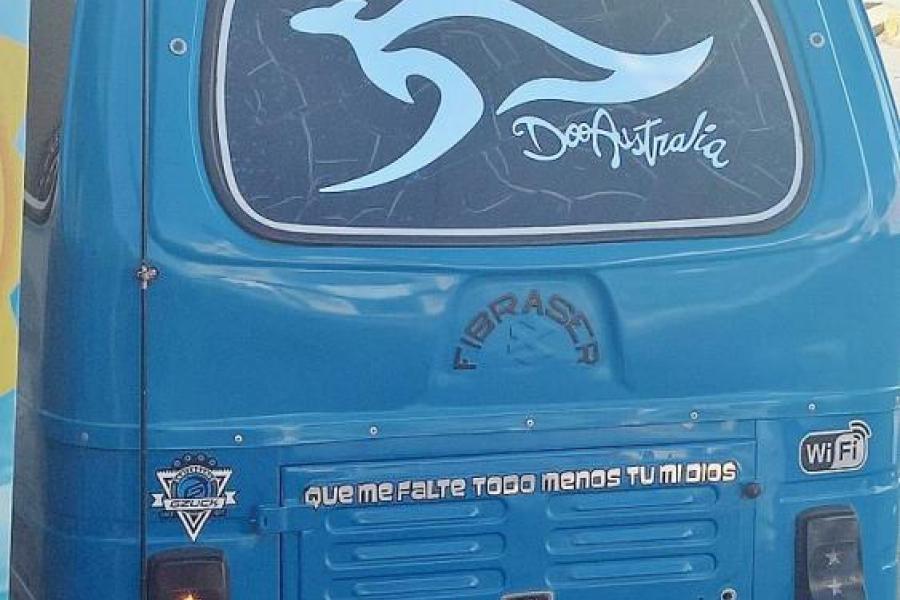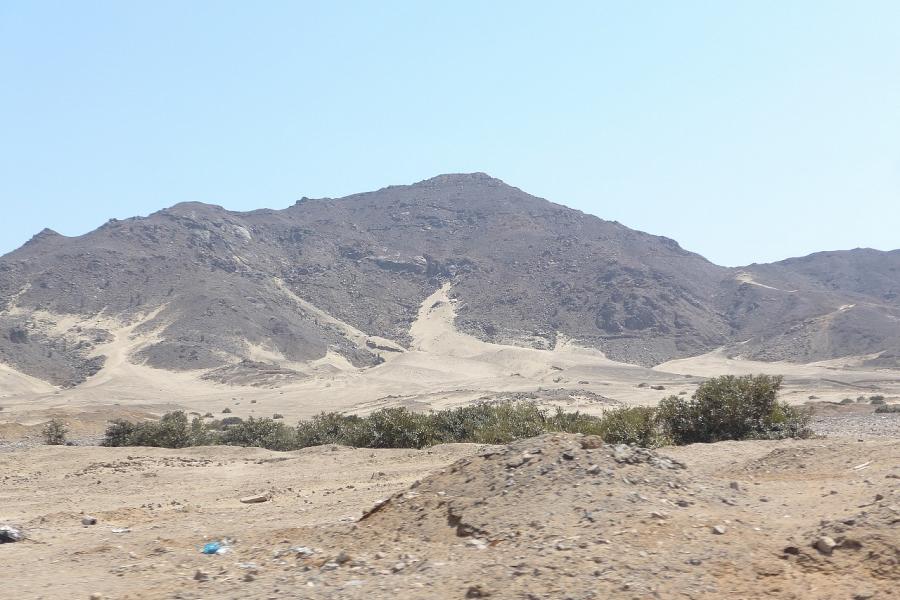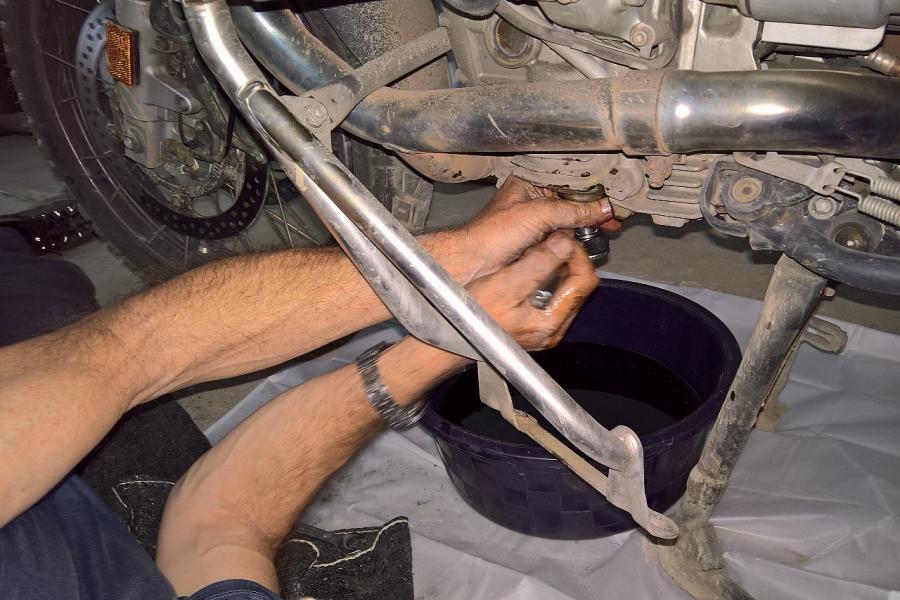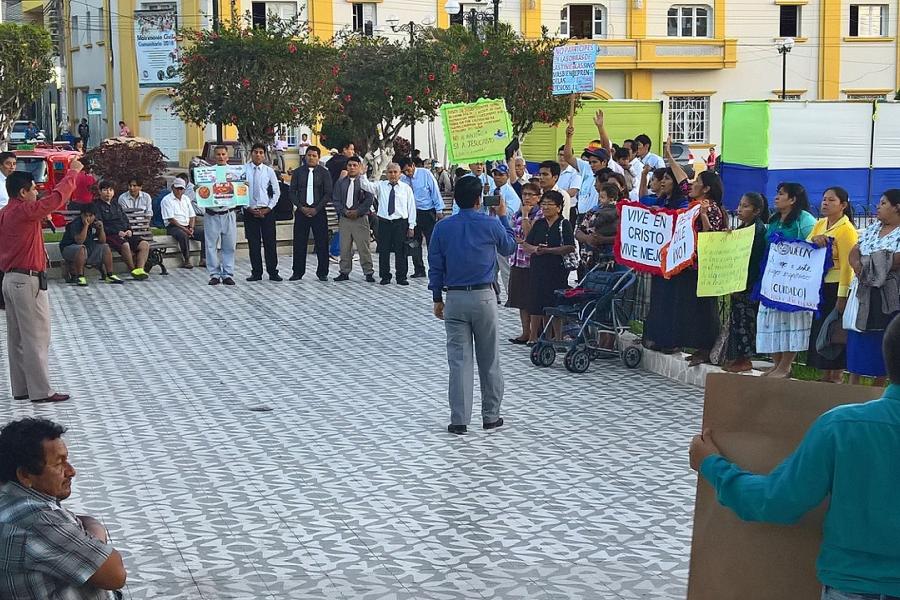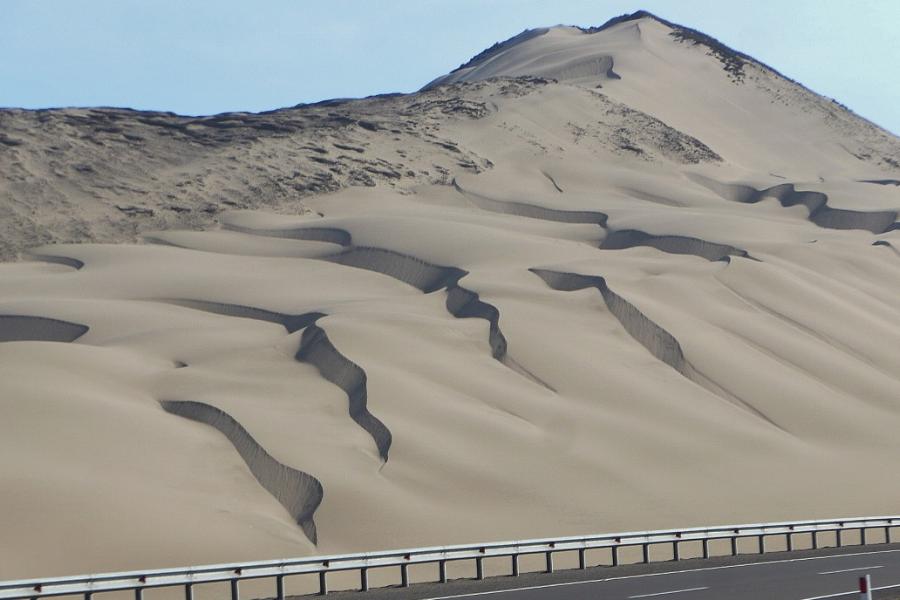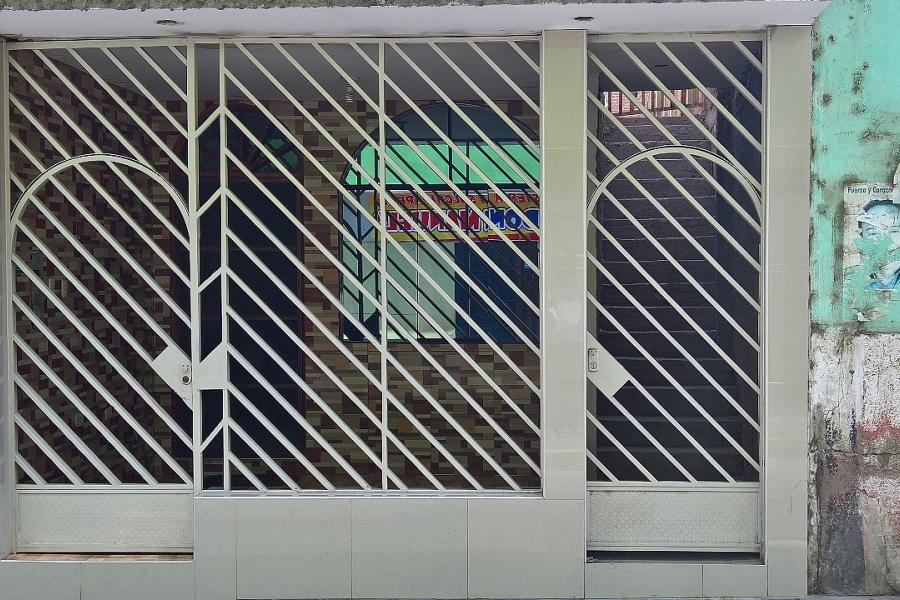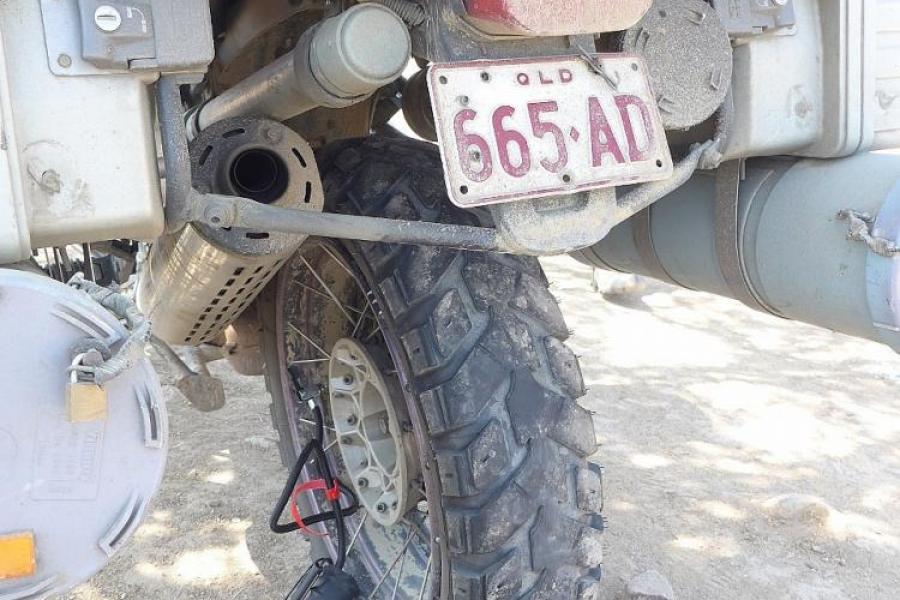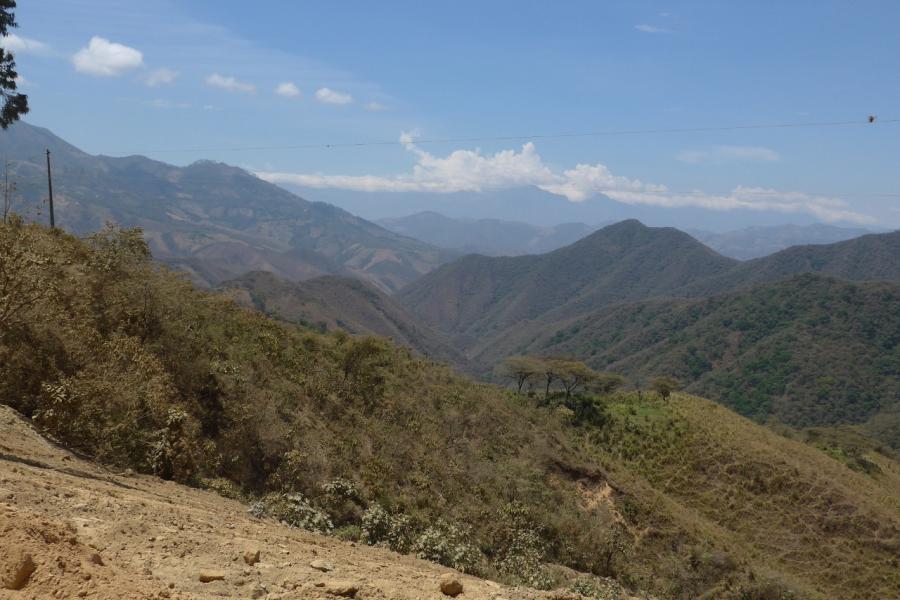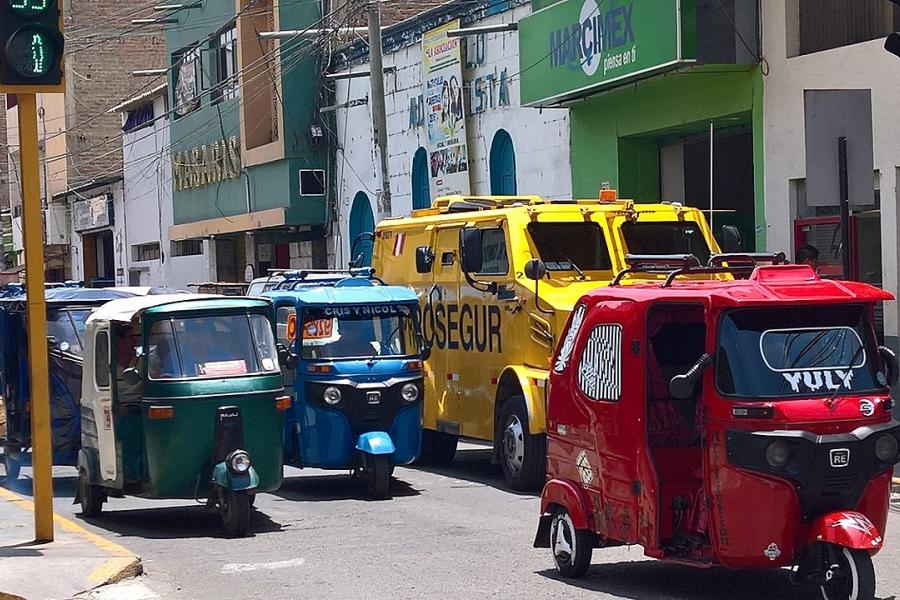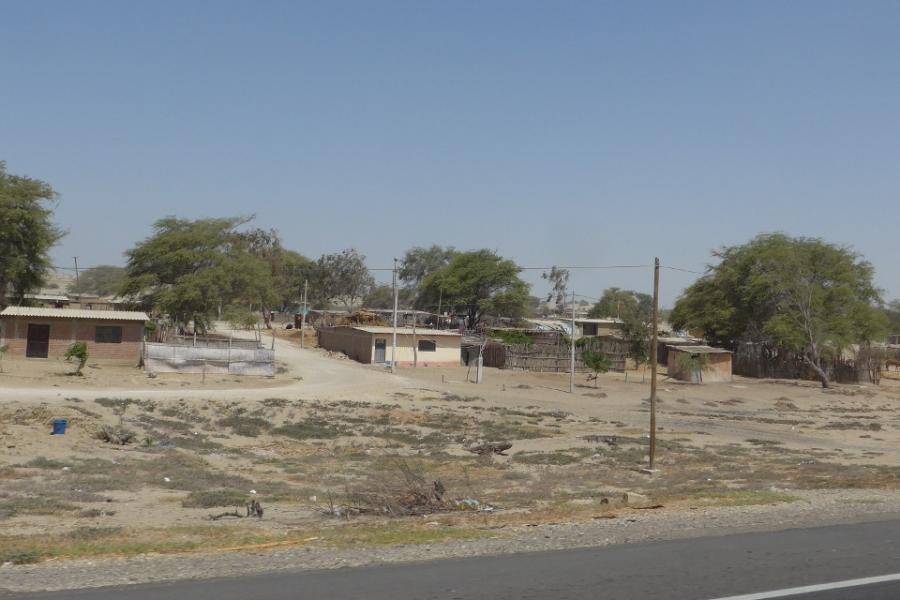A Life Behind Bars (Originally posted 31 Oct 2016)
Country
One of the things about travelling on a bike is that stuff just happens. Sometimes good stuff, like an unexpected new friendship. Sometimes bad stuff like breakdowns or worse. For us this gives life a nice balance. The good day made perfect because of the bad day that preceded it and the bad day made bearable because of the good days ahead. Just like life in general really, but somehow writ large and immediate on the bike.
The north of Peru is a vast sandy desert running down the coastal plain. On our second day in, while still charging across this vast dusty expanse, the rear tyre deflated at high speed. I pulled the bike up without drama but by the time I had done so, the heat in the tyre and weight of the bike had destroyed an already well worn Heideneau K60. As soon as the tyre was plugged and re-inflated, it distorted badly rolling the bike from side to side at low speed and making anything over 20 km/h impossible. We limped the bike into the next village, a little commercial town called Chepén, and found a $10/night hostal to lick our wounds.
The next five days were spent sourcing new tyres from Lima 850km to the south and finding someone prepared to ship them up to us. Several businesses wasted a couple of days with promises but no action until the Touratech dealer, Motoviajeros Peru, provided the tyres and put them on a bus for the 12 hour drive up the coast without much hassle or wasted time.
All of this left us with a busy idle week in a little rural town that no one ever visits without good reason. Far from being a burden, we saw this as an opportunity to wade into a part of Peruvian life that is far from the usual tourist experience. And, while we were certainly a curiosity to many locals, it was us doing most of the close observation and study.
Although a relatively poor community, Chepén was a constant hubbub of activity. Nobody there was idle. This was a town without a single espresso machine (how did we live) but every corner was jumping with commerce. Jobs were worked, families raised and kids educated in the dusty streets and squares. We sat and watched from coffee shops and parks and wandered the streets picking up little details of life. Slowly we started to see this place and its people as interesting, and to see how things here differed from the towns in Ecuador, Colombia and a dozen other places we have been. We discovered much more than we expected as a couple of obvious examples may illustrate.
Some differences are easy to spot. Peru is filthy and needs a good clean up. Peruvians are not just litterers, that would be too weak a term, they see it as a right to discard any form of rubbish in any available public space. A young man swept the central square each day. He did a good job, despite suffering from cerebral palsy, but he was fighting a losing battle against a population of recidivist litterers who fouled the area as quickly as he cleaned it. We were delighted to see a young man with a disability holding down a job and doing it well (a good sign in a modern society), but we were horrified at the sheer hopelessness of his task. After the squeaky clean cities and towns of Colombia, this was a stark contrast.
By mid-week we had started to realise too that life in Chepén was lived behind bars. It is true that in many places steel grilled doors and windows are common but here the quality of the bars and the lock work, their ubiquity, and the assiduousness with which they were locked and checked, was extraordinary. Whenever we were inside our hostal we were locked behind heavy steel doors. Everywhere, people locked themselves inside their fortresses without thinking that this was anything other than normal. This does happen in many other places but here it had reached a level of obsession.
Despite the health of the steel bar industry, there is little external threat to peace and safety in Chepén. It is a small peaceful town and far less threatening than parts of our own (admittedly much larger) city in Australia. But it was not always so. Peru has had a turbulent and extraordinarily violent history. Peruvians were subject to 500 years of oppression, first under the Spanish and then a series of dictatorial strong men and, finally, under a series of unconstrained Marxists. This has been enough to beat down a population and harden hearts against the threat of strangers and everything else other than family. So the steel prisons remain. They seemed to represent the solidarity of the families themselves which, for Peruvians, is the only reliable and trustworthy social unit. Peruvians keep their houses clean and tidy. What happens outside the bars is not their responsibility.
With our heads full of the minutiae of small town life on the edge of the desert we finished the week on a high note. At 8:00 pm on Saturday night our new tyres arrived at the shippers and by 9:45 am Sunday they were fitted to Elephant and we were charging towards Lima across the windswept desert wasteland that is northern Peru. We had a new set of Heideneau K60s, new brake pads all round, Elephant had a belly full of fresh oil and Team Elephant had its collective tail up. The simple pleasure of finally hearing that big motor rumbling away and feeling the rush as we swept past the traffic washed away the lethargy of our static week. It was good to be back on the road. Very good indeed. We were a little disappointed to have lost some precious time but pleased to have found some pieces to the Peruvian puzzle. Like every country, it is a strange land that defies easy description. Maybe one day we will return to Australia and see it with the same curious eyes.

